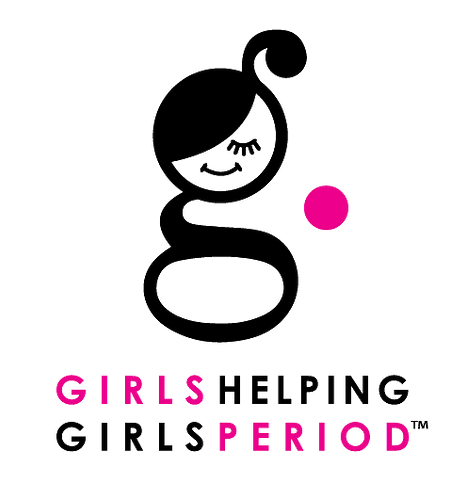GHGP started nearly a decade ago when my family learned that students in our school were regularly missing school due to a lack of period supplies. We had such a phenomenal response to our request for community donations that we were able to make a significant donation to 200 families at a local food pantry— each getting 300 pads and tampons.

It got us thinking about what making a difference really looked like. Period poverty was barely a recognized term at the time, but the solution was, and still is, often associated with donations of “period kits” — small bags filled with a few pads and tampons, meant to help someone in a pinch.
But periods aren’t a kind of “pinch” situation. A single individual will get about 450 periods in a lifetime on a regular basis. They’ll need 15-30 items to manage each one. The lack of products to handle these recurring, healthy aspects of our lives puts severe limitations on our ability to learn, work, or thrive.
Do you even think twice about what you will do if you need to use the bathroom when you go to work, school, or anywhere in public? Unless you’re headed to the beach, camping, or some other place where public toilets might not be available, none of us gives a second thought to our need to use the restroom. We just go — Literally. But for half of us, a significant part of our life requires giving a lot of thought to that topic. For those with fewer financial resources, food, rent, and medicine often come at the expense of period products. And without critical pads and tampons, jobs are jeopardized.

Ending period poverty means we must focus not only on charitable donations but also on social justice efforts, working to change the systems and structural causes of the problem. We have policies in schools, businesses, and public spaces that have not been revisited in decades, and they are causing real harm.
READ:https://girlshelpinggirlsperiod.org/every-one-of-us-must-re-think-period-products-in-school-restrooms/)
Donating disposable period supplies like pads, tampons, and liners is critical for those in need. However, that work would not be meaningful if we did not strive to change the underlying laws, policies, and practices. In schools, that means providing free period products in student bathrooms and educating young people about how to manage their periods safely. And when it comes to distributing period supplies, it means making larger quantity donations, so we address not just a single day, or a single cycle, but a single stressor.


